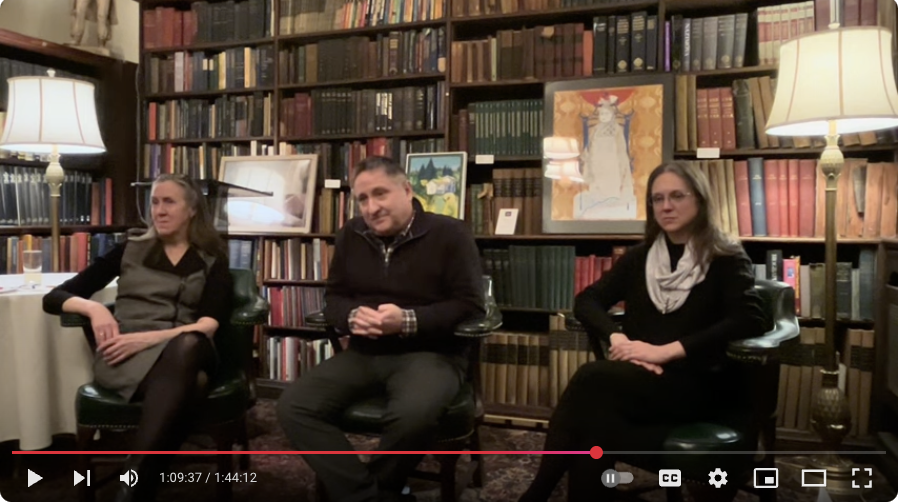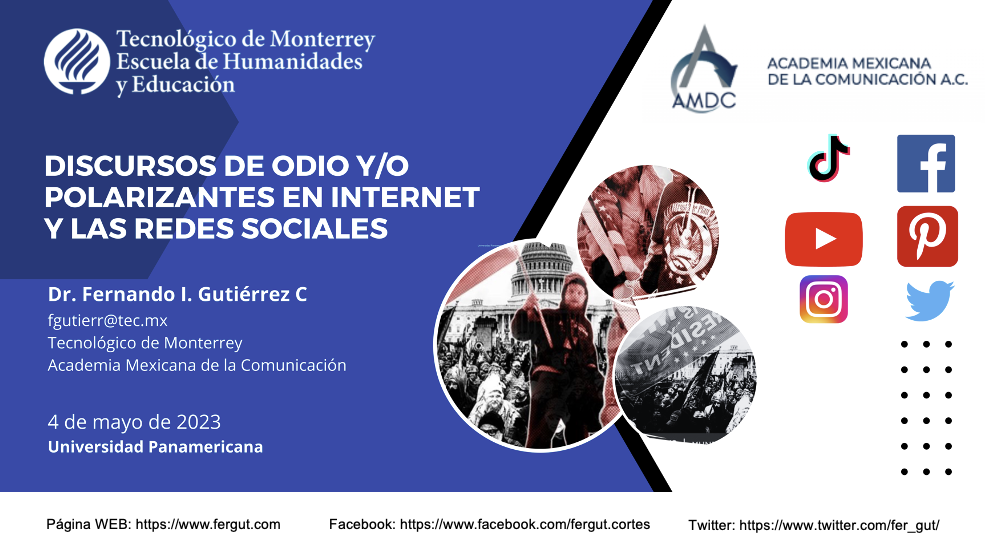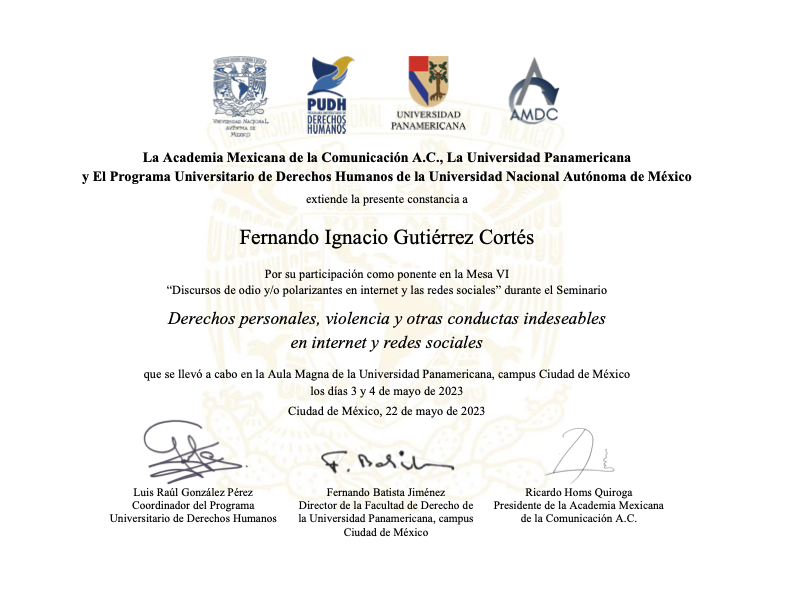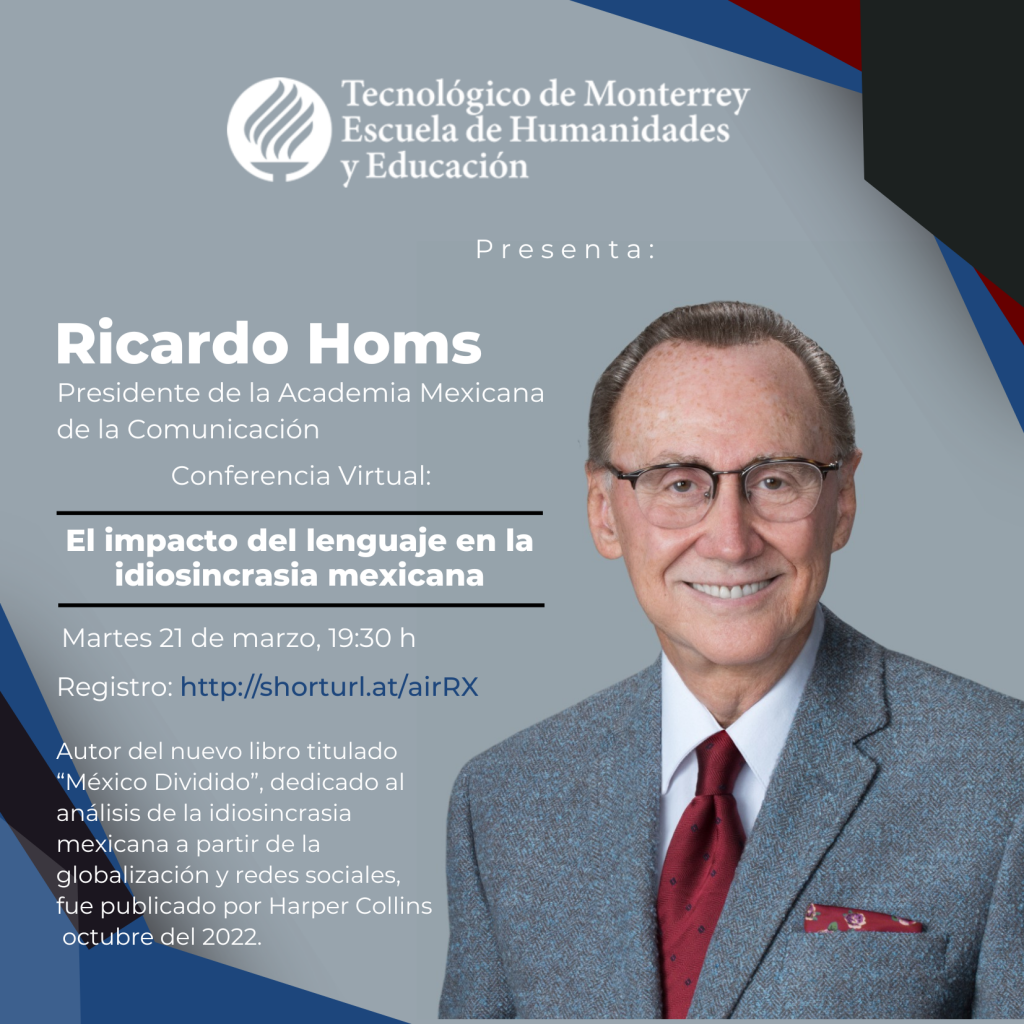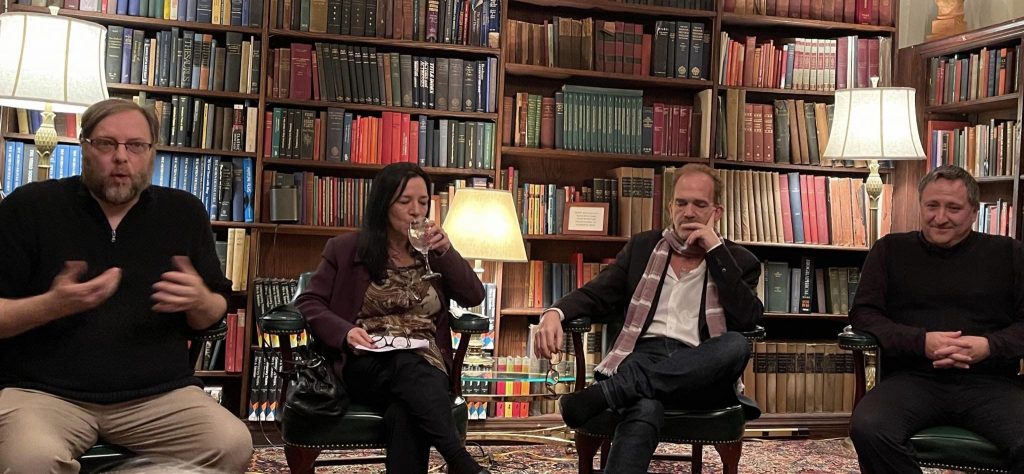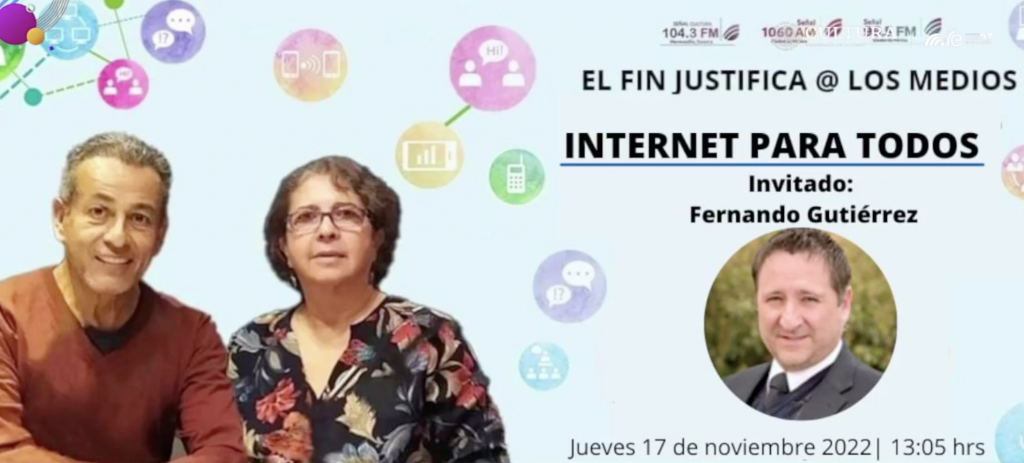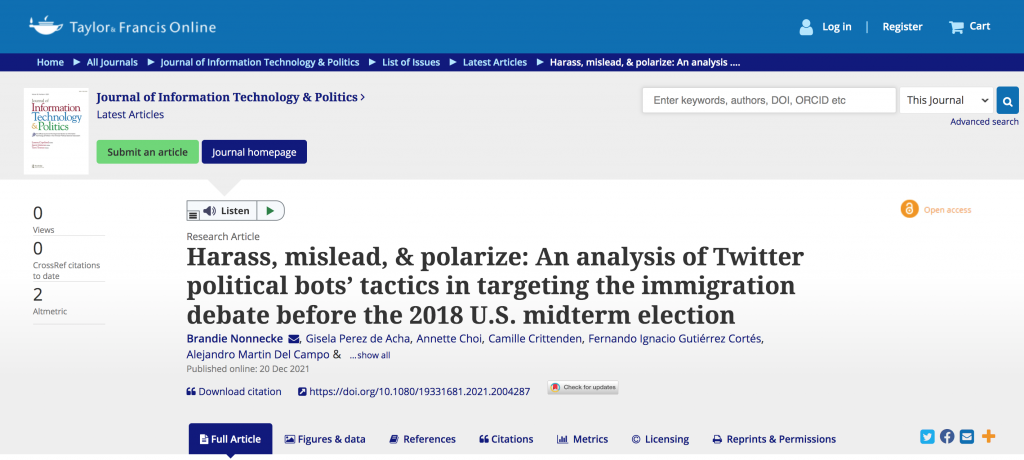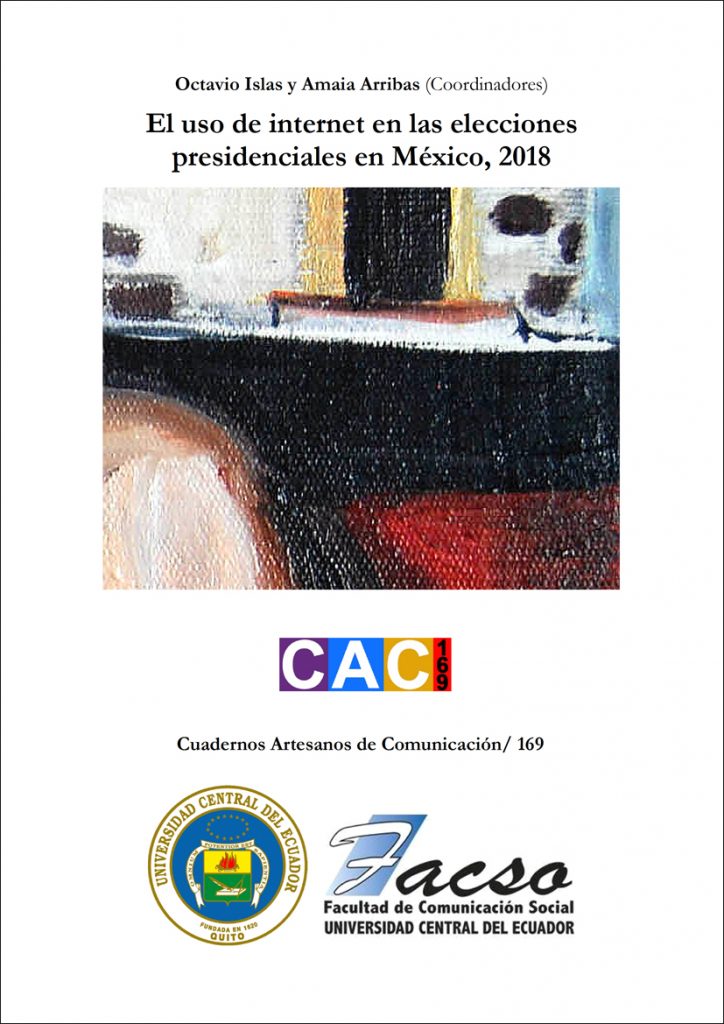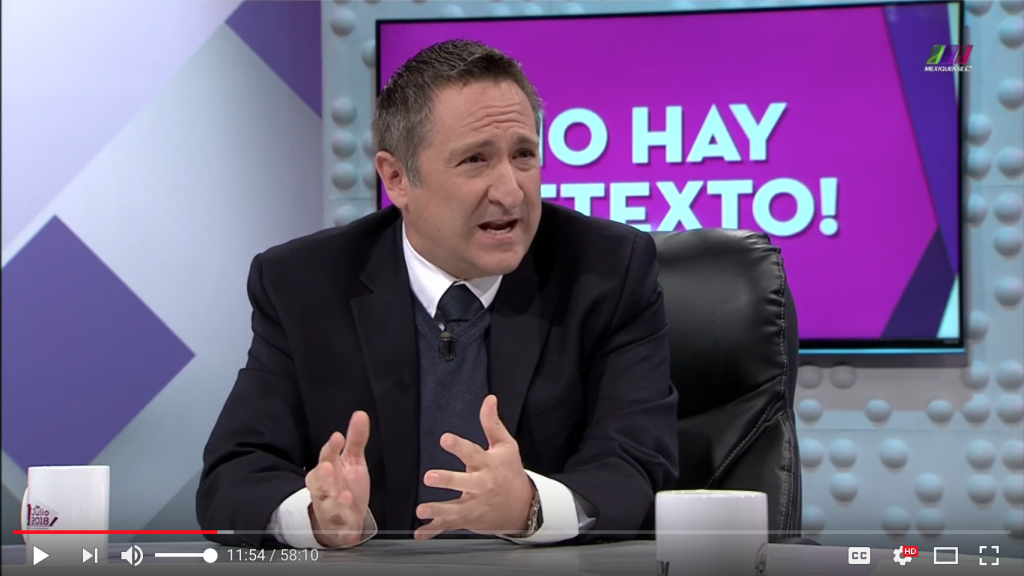2025-01-22
Nota: Este artículo lo puede consultar también en:
Observatorio de Medios Digitales del Tecnológico de Monterrey.
Fernando Gutiérrez
La evolución de las estrategias de comunicación y persuasión a lo largo de la historia nos lleva a un momento crucial en el siglo XXI: la era de la propaganda 4.0. En este contexto, la integración de redes sociales y tecnologías avanzadas, como la inteligencia artificial (IA), han transformado de manera radical la forma en que se moldean las percepciones y opiniones públicas. Esta evolución plantea enormes desafíos para la democracia, la ética y el acceso a información verídica.
Angela Merkel, ex canciller de Alemania, ha descrito acertadamente este periodo como la “era de la desinformación”. En esta nueva era destacan los efectos perjudiciales de las noticias falsas y las teorías conspirativas sobre el discurso democrático y la confianza pública. Según Merkel, la salud de la democracia está intrínsecamente vinculada a la calidad de la información accesible para sus ciudadanos. La proliferación de desinformación debilita la toma de decisiones informada en los procesos electorales y erosiona la credibilidad de las instituciones democráticas. Como Merkel lo expresó atinadamente: “Debemos proteger la libertad. Enfrentamos desafíos que no existían en el pasado, así como la tendencia a percibir todo en blanco y negro, donde los matices de gris desaparecen en favor de los extremos” (Bassets, 2024).
La propaganda, como herramienta de influencia, no es un fenómeno reciente. Ha evolucionado en paralelo con los avances tecnológicos y sociales. Aquí presento un breve recorrido por las que considero las 4 etapas que ha tenido la propaganda:
Propaganda 1.0: La propaganda de la era clásica que surgió en tiempos antiguos y se extendió hasta la Revolución Industrial. En esta etapa, se usaron discursos, monumentos y arte como medios primarios de comunicación para consolidar el poder político y religioso. Su alcance estaba limitado por la necesidad de reproducir manualmente los mensajes y por la falta de acceso masivo a la información.
Propaganda 2.0: La propaganda de la era de las masas en la que destaca la llegada de la imprenta y el crecimiento de los medios impresos. En esta etapa la propaganda adquirió un alcance sin precedentes. Las publicaciones impresas como panfletos, periódicos y libros permitieron la difusión masiva de mensajes ideológicos, como los usados durante la Revolución Francesa. Este periodo marcó el inicio de esfuerzos propagandísticos más sistemáticos y profesionalizados.
Propaganda 3.0: La propaganda de la era audiovisual que se desarrolló en el siglo XX y trajo consigo el auge de los medios masivos como la radio, el cine y la televisión. Estas herramientas permitieron generar un impacto emocional mucho más profundo a través de imágenes y sonidos. Ejemplos notorios incluyen la propaganda nazi liderada por Joseph Goebbels (ministro de Ilustración Pública y Propaganda de la Alemania nazi) y las campañas de la Guerra Fría, donde la manipulación emocional y la simplificación de mensajes fueron clave para movilizar audiencias.
Propaganda 4.0: La propaganda de la era digital. Con la aparición y desarrollo de internet, las redes sociales y la inteligencia artificial, nos encontramos en una nueva etapa donde la propaganda se ha descentralizado y personalizado. Los algoritmos y el big data permiten adaptar mensajes específicos a individuos o grupos pequeños, aumentando su efectividad y dificultando la identificación de las fuentes de información. Ejemplos como las elecciones presidenciales de 2016 en Estados Unidos y el referéndum del Brexit han resultado ser un buen ejemplo del poder de las campañas digitales y el uso de bots y deepfakes para influir en la opinión pública.
La inteligencia artificial es el motor principal de esta nueva era. Con herramientas capaces de analizar grandes volúmenes de datos y generar contenido automatizado, la inteligencia artificial ha revolucionado la forma en que se crea y distribuye propaganda. Su impacto se manifiesta en varias áreas. Por ejemplo, en la personalización de mensajes. Los algoritmos pueden adaptar los mensajes para resonar con las emociones, intereses y preocupaciones de audiencias específicas. Otra actividad que ha posibilitado la inteligencia artificial es la creación de contenido engañoso, en la que deepfakes, noticias falsas y otras formas de desinformación se generan con mayor facilidad y sofisticación. Finalmente, la inteligencia artificial también ha tenido un fuerte impacto en lo que se refiere a la amplificación y viralidad de los mensajes. Las redes sociales, impulsadas por algoritmos, priorizan contenido emocional y polarizador, lo que facilita la propagación de mensajes propagandísticos.
La propaganda 4.0 no solo transforma la comunicación política, sino que también representa serios riesgos para las democracias modernas, especialmente en términos de la erosión de la confianza. La creciente dificultad para distinguir fuentes de información fiables debilita la credibilidad de las instituciones y los medios de comunicación.
Otro peligro significativo en esta nueva etapa es la polarización social. Los mensajes personalizados, diseñados para reforzar creencias preexistentes, generan cámaras de eco que profundizan las divisiones dentro de las sociedades. Finalmente, emerge el riesgo crítico de la manipulación electoral. Las campañas segmentadas pueden influir en decisiones trascendentales, como los resultados de elecciones, sin que los votantes sean plenamente conscientes de la manipulación a la que están siendo expuestos.
En esta era, es fundamental desarrollar una alfabetización mediática crítica que permita a los ciudadanos identificar y resistir las estrategias propagandísticas. Esto implica: enseñar a evaluar fuentes de información y a detectar noticias falsas; establecer políticas que obliguen a las empresas tecnológicas a ser transparentes sobre el funcionamiento de sus algoritmos; impulsar el debate público informado y la capacidad de analizar mensajes desde una perspectiva crítica.
La era de la propaganda 4.0 representa un punto de inflexión en la historia de la comunicación. Aunque las tecnologías digitales y la inteligencia artificial ofrecen oportunidades sin precedentes, también exigen una responsabilidad colectiva para mitigar sus riesgos. Solo a través de una acción combinada entre ciudadanos, instituciones y reguladores podremos enfrentar los desafíos éticos y democráticos que plantea esta nueva forma de influencia.

